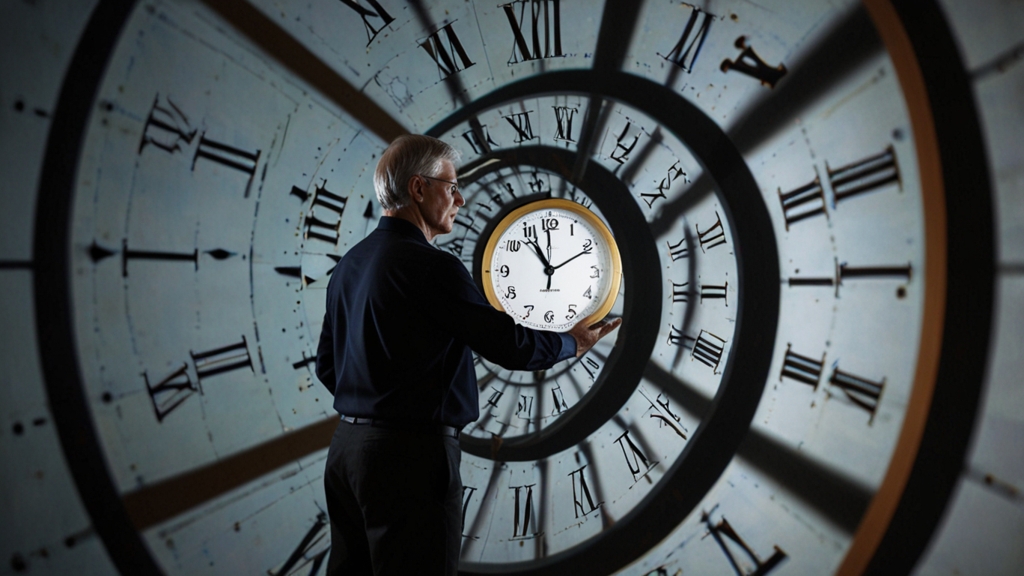Is Time an Illusion? A Physicist's Perspective
Time is a fundamental aspect of our experience, but its true nature has puzzled scientists and philosophers for centuries. From the ticking of a clock to the aging of living organisms, time seems to be an unquestionable part of reality. However, recent advances in physics, particularly in the realms of relativity and quantum mechanics, suggest that time might not be as straightforward as it appears. This article delves into whether time is an illusion from a physicist's perspective.
The Relativity of Time
One of the most groundbreaking theories in physics comes from Albert Einstein's theory of relativity, which radically changed our understanding of time. In his theory, both special and general, Einstein showed that time is not a constant, universal quantity. Instead, it is relative and can vary depending on the velocity of an observer or the presence of strong gravitational fields.
"The distinction between the past, present, and future is only a stubbornly persistent illusion." - Albert Einstein
This concept is famously illustrated by the twin paradox, where one twin travels at a high speed into space while the other stays on Earth. Upon the traveling twin's return, he finds that his sibling has aged much more than he has. This shows that time can stretch and compress in ways that contradict our everyday experience.
Time in Quantum Mechanics
While relativity deals with time on a cosmic scale, quantum mechanics presents another layer of complexity. In the quantum realm, particles do not follow deterministic paths but exist in a state of probability until measured. This indeterminacy challenges the linear progression of time and introduces the idea of "quantum superposition," where particles can exist in multiple states simultaneously.
"In the quantum world, time is not a fixed, absolute quantity but rather can exhibit strange properties allowing particles to 'jump' across different states." - Richard Feynman
Moreover, quantum entanglement raises questions about the flow of time as well. When two particles become entangled, a change in the state of one particle instantly influences the state of the other, regardless of the distance between them. This "spooky action at a distance," as Einstein called it, suggests that the concept of time might not apply in the same way at the quantum level as it does in our macroscopic world.
The Block Universe Theory
Another perspective comes from the block universe theory, which posits that past, present, and future are equally real, and time is just another dimension like space. According to this view, the universe is a four-dimensional block where time does not 'flow' but is simply another coordinate. This theory aligns well with the principles of relativity and leads to a deterministic view of the universe.
However, this idea is counterintuitive to our experience of time as a sequence of events. Critics of the block universe theory argue that it fails to account for the subjective feeling of the passage of time, which is a crucial aspect of human consciousness.
The Psychological Aspect of Time
Human perception of time adds another layer of complexity. Our brains process time in a way that leads to the sensation of its passage, but this perception can be highly subjective. Psychological studies have shown that various factors, such as activity levels, emotional states, and even aging, can influence our sense of time.
From a purely physical perspective, what we perceive as the flow of time might be an emergent property, a complex result of underlying processes that we do not yet fully understand.
Conclusion
The question of whether time is an illusion does not have a straightforward answer. From Einstein's relativity to quantum mechanics and the block universe theory, multiple perspectives challenge our conventional understanding of time. While time may appear to be an illusion in the context of these theories, it remains an integral part of human experience and consciousness.
As our understanding of the universe continues to evolve, so too will our grasp of the nature of time. Until then, the mystery of time remains a profound enigma that continues to inspire and challenge physicists and philosophers alike.









